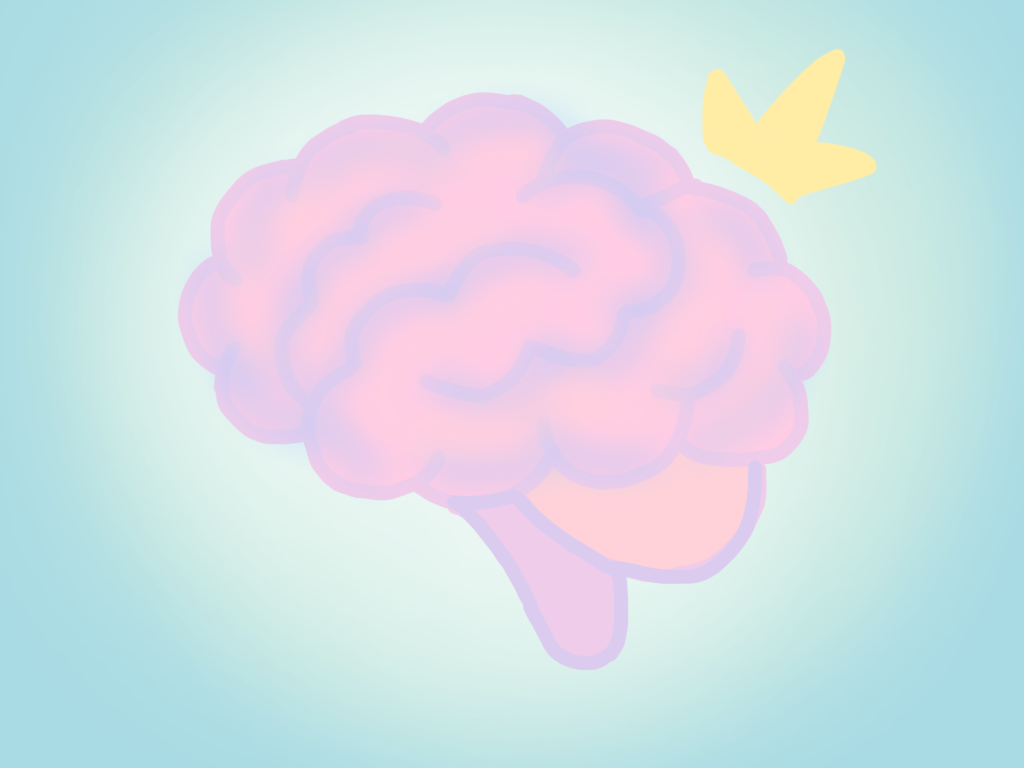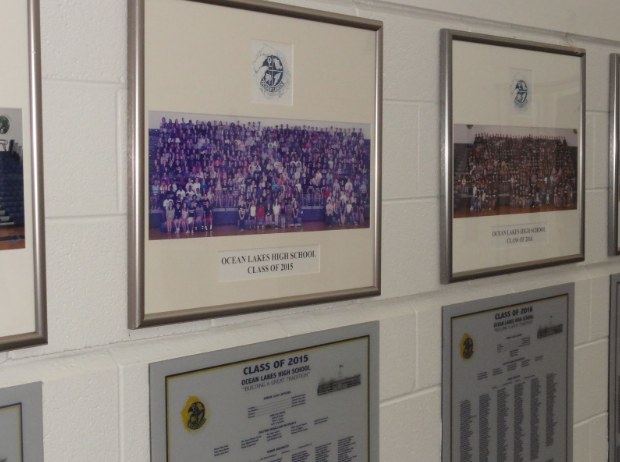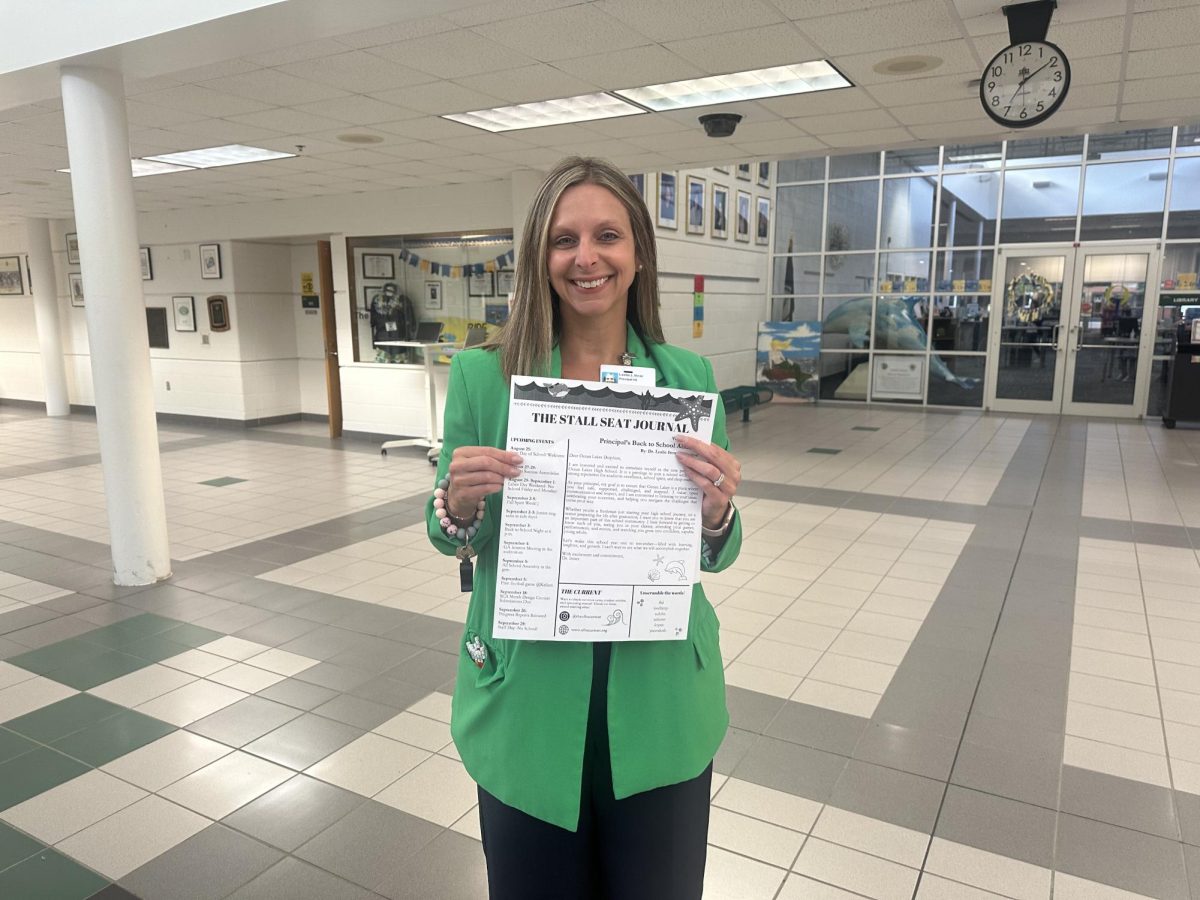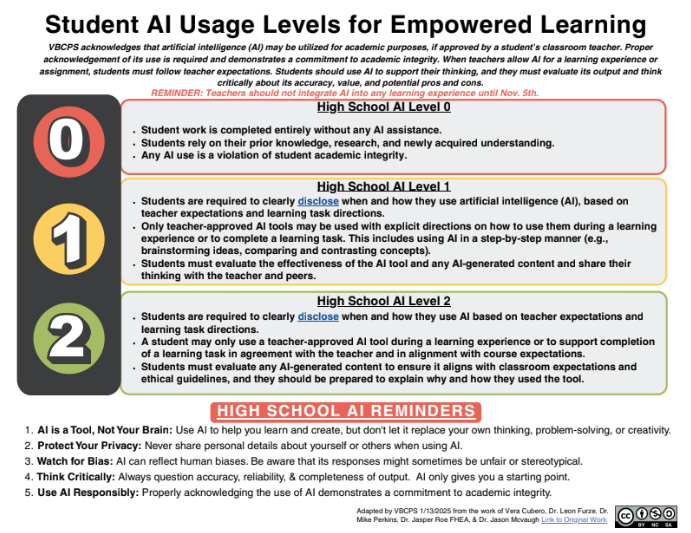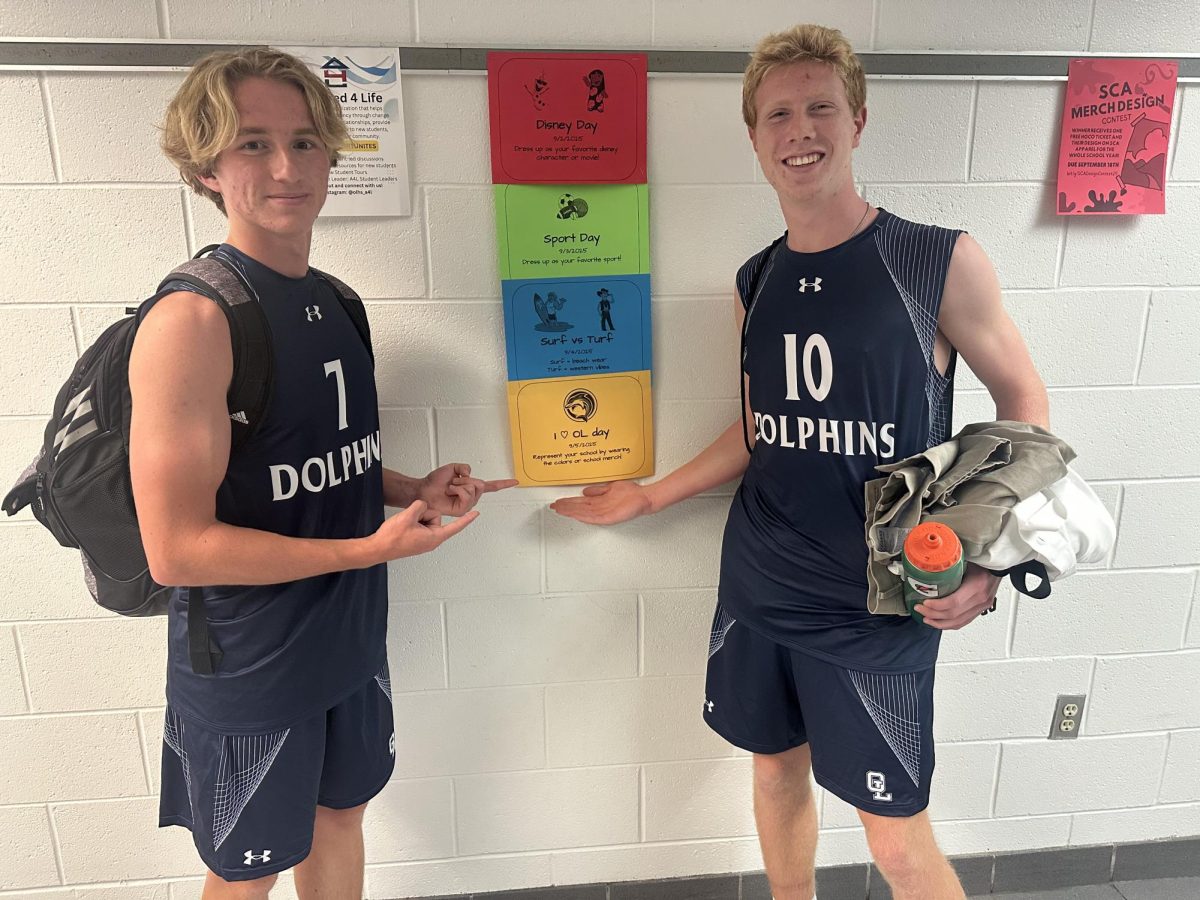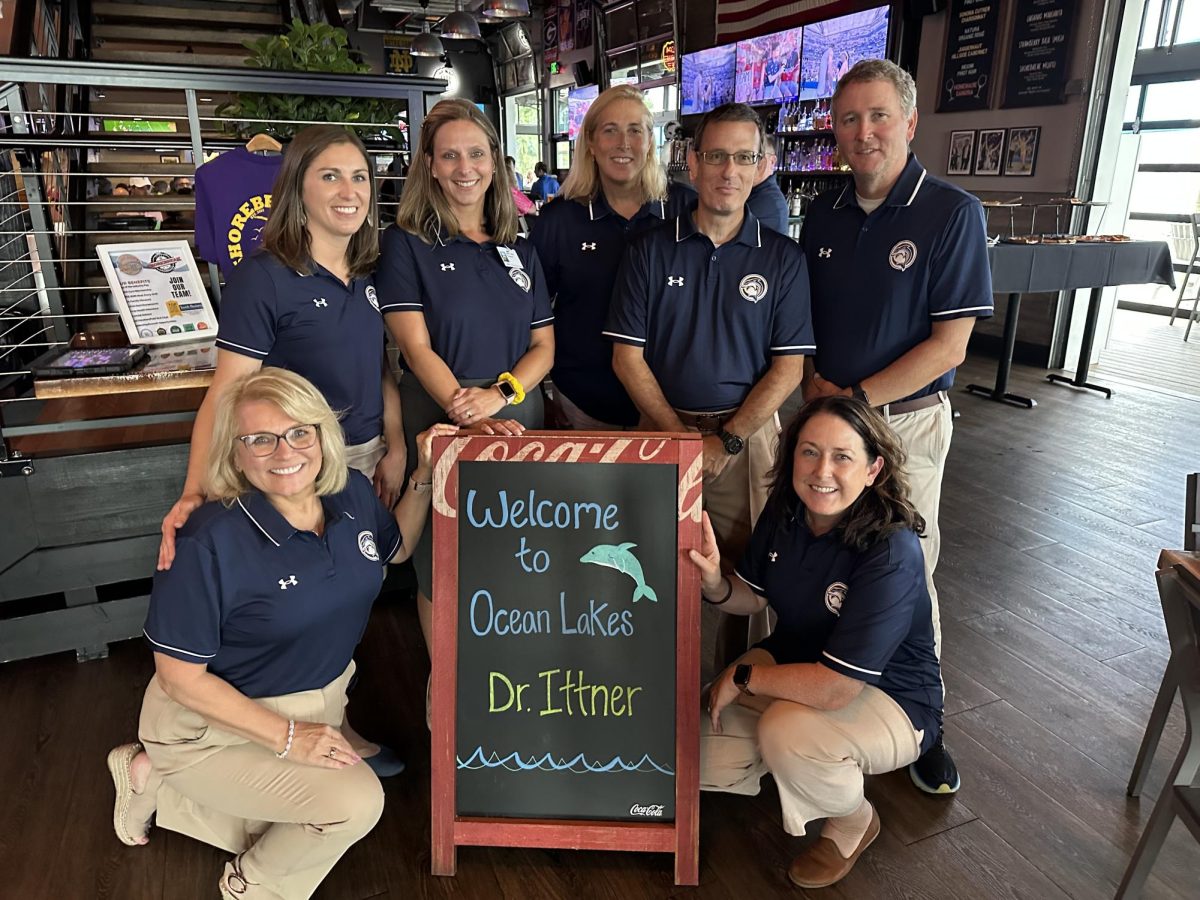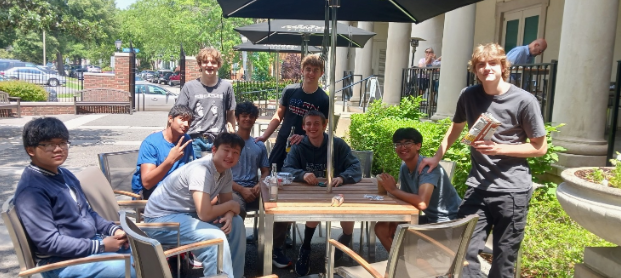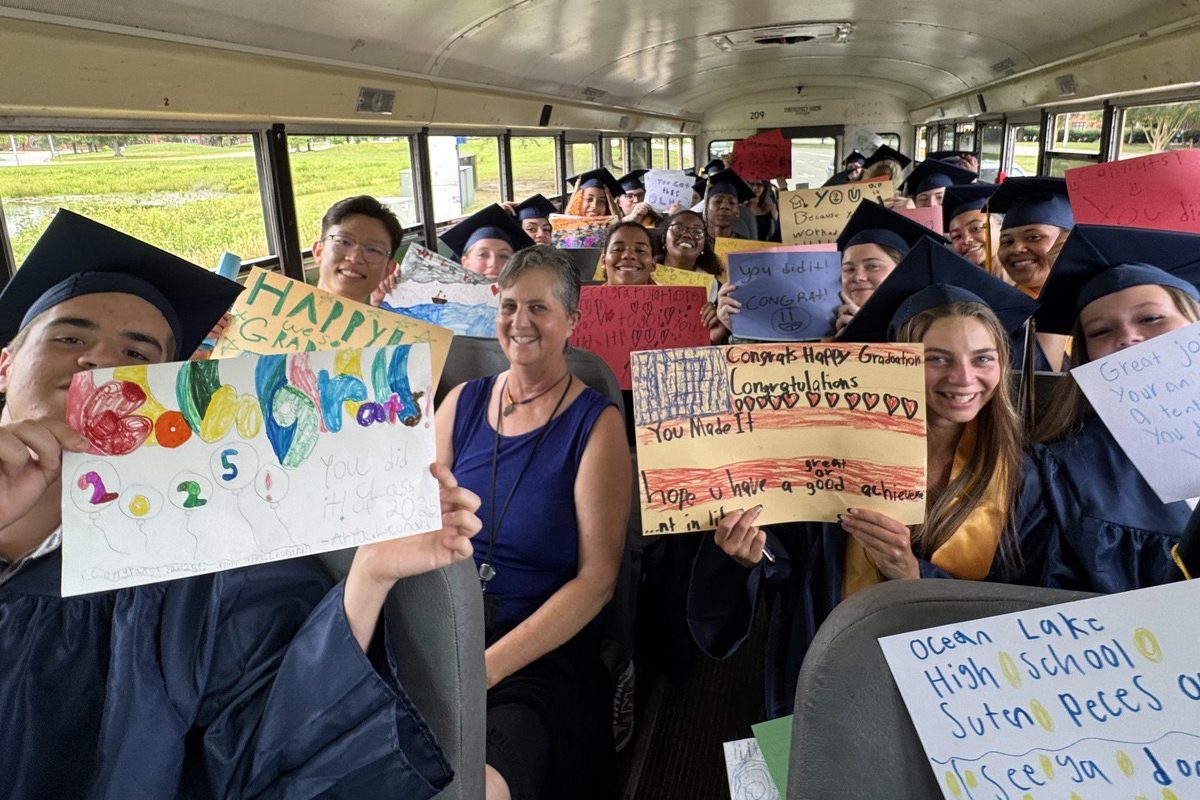Receiving a concussion is a life-changing factor in any person’s life.
Students, especially student-athletes, suffer the most from this brain injury. About 3.8 million concussions occur each year in the United States, according to the University of Michigan Health.
Some symptoms of a concussion include memory loss, loss of balance, consistent headaches, nausea and sensitivity to light and noise, according to the Centers for Disease Control and Prevention.
Healing time for concussions can vary depending on the severity of the injury; it can either take a couple of weeks or a few years to recover.
Even a minor concussion keeps an athlete out of games and practices for at least a month.
Key factors to recovery include resting, avoiding homework and spending time in a quiet, dark environment.
Think of a sprained ankle, for instance. To get better, the ankle cannot have an excessive amount of pressure applied, so walking is not an option. In this case, instead of not walking on the ankle, brain rest is what’s best for a “sprained” brain.
Obtaining a concussion during school life is tough on a student.
“[My concussion] has negatively affected me even after recovery time. During recovery, it was difficult to remember anything and focus on school work. But even after recovery, I myself have had severe migraines which will affect me the rest of my life in everyday things,” said sophomore Aaralynn Malikian.
If a student has to refrain from doing homework, or any kind of mental work which is important to a successful recovery, then they can fall behind in their studies and struggle to catch up after healing.
Concussion symptoms can intensify due to stress, and many concussed students worry about their schoolwork during recovery. To dodge the stress, communicating with the administration and talking to counselors and teachers is very beneficial.
Teachers are required by doctors to be lenient to students who suffer from a concussion.
Giving students extra time on assignments, quizzes and tests can help relieve stress during recovery.
“[My concussion] was negative because concussions make your brain move slower and it takes more energy to comprehend and process things. I took longer to complete assignments and it was harder for me to understand the material that I was presented,” said sophomore Brie Gesick.

